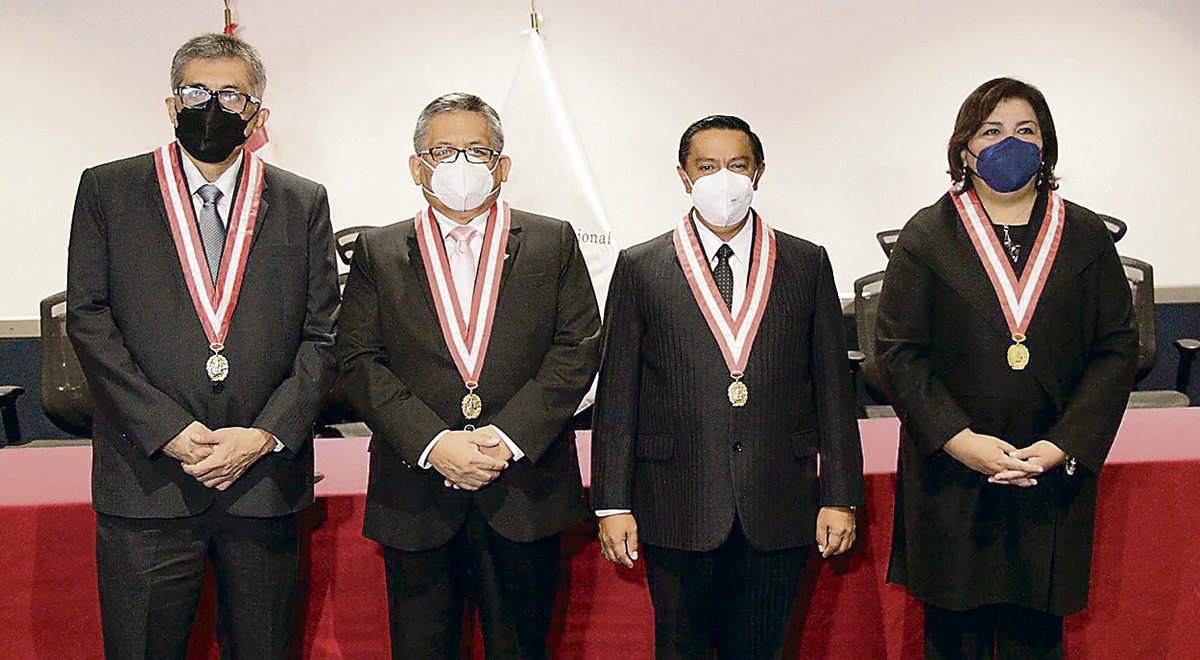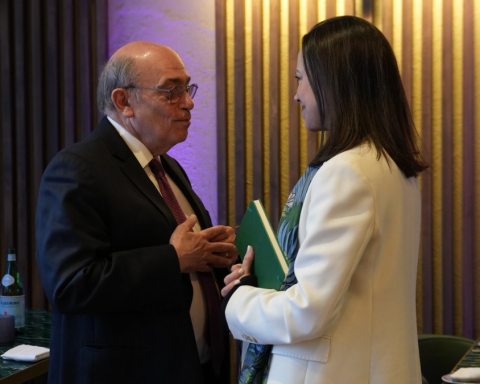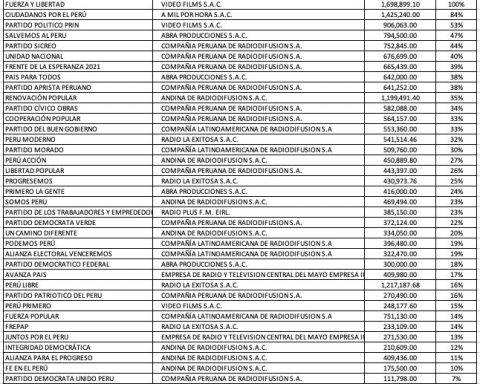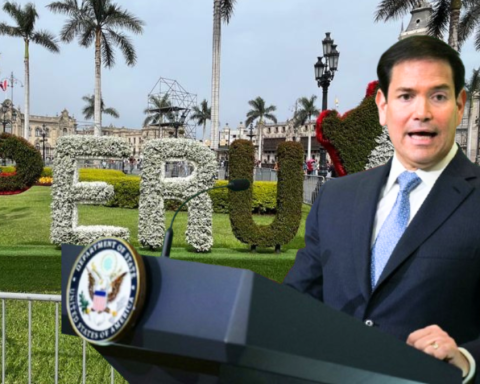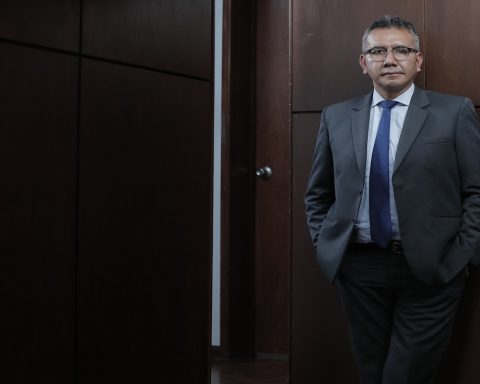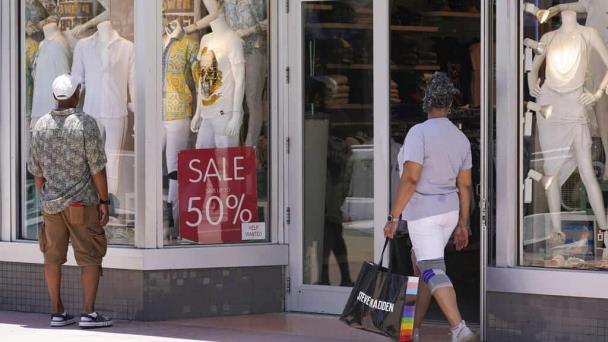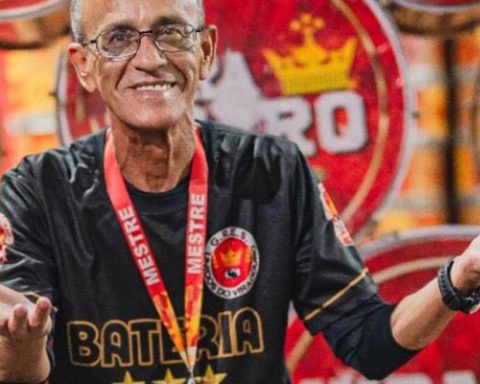The National Board of Justice sworn in and delivered their credentials as titular judges of the Supreme Court, to the magistrates Emilia Bustamante Oyague, Carlos Alberto Calderón Puertas, Manuel Estuardo Luján Tupez and Ulises Augusto Yaya Zumaeta, in a protocol ceremony.
“This swearing-in points towards strengthening and contributes to the institutionality of the Supreme Court. Only when there is judicial independence, judges can exercise control of constitutionality and legality over government acts, which is their most important function in a constitutional democracy,” said the president of the JNJ, José Ávila.
The swearing-in of lawyers Víctor Antonio Castillo León and Roberto Rolando Burneo Bermejo, also chosen by the JNJ as judges of the Supreme Court, is pending, as they must undergo an introductory course.
YOU CAN SEE: Supreme judge dismissed for requesting a job for his son-in-law
Also pending is the completion of the appointment of another four supreme judges, to cover all existing vacancies in the Supreme Court of Justice.
With these appointments, the JNJ is changing the faces and thinking of the highest levels of administration of justice in the country.
As happened in the Public Ministry, the Board becomes a key factor in the change of authorities in the judicial system. In May, the JNJ appointed Dr. Patricia Benavides, Supreme Prosecutor, and today she is the Prosecutor of the Nation.
YOU CAN SEE: Former Supreme Prosecutor Luis Arce Córdova is dismissed for declining his position in the JNE
It is considered unlikely, although nothing prevents it, that one of the new supreme judges will apply and become president of the Judiciary and the Supreme Court. However, they will be key in the next elections in the judiciary, which should take place in December.
They will be between 6 and 10 new votes, in a collegiate of 19 titular supreme judges. Judge number 20, today Dr. Jorge Salas Arenas, is on leave, presiding over the National Election Jury.
This year concludes the mandate of Supreme Judge Elvia Barrios Alvardo as President of the Judiciary. Internally, she has already started the campaign to elect her successor.
YOU CAN SEE: They file an investigation into Juan Fernández Jerí
Unofficially, there are two strong candidates: Supreme Judges Javier Arévalo Vela, head of the Second Supreme Constitutional and Social Chamber, and Héctor Lama More, a member of the powerful Executive Council of the Judiciary.
The one who manages to attract more votes from the new magistrates will have more possibilities to direct the Judicial Power and the Supreme Court for the period 2023 and 2024. The presidency of this power of the State is for two years, without reelection.
YOU CAN SEE: They request restrictions against former prosecutor Luis Arce for alleged illicit enrichment
They will integrate chambers of the Supreme Court
The new incumbent supreme judges will be immediately integrated into some of the chambers of the Supreme Court. Emilia Bustamante, Carlos Alberto Calderón, Manuel Luján and Ulises Yaya were already members of the Supreme Court, as provisional supreme judges.
The crisis generated by the CNM-Audios had left some of these courts in the hands of provisional supreme judges. This situation will change rapidly with the new appointments.
